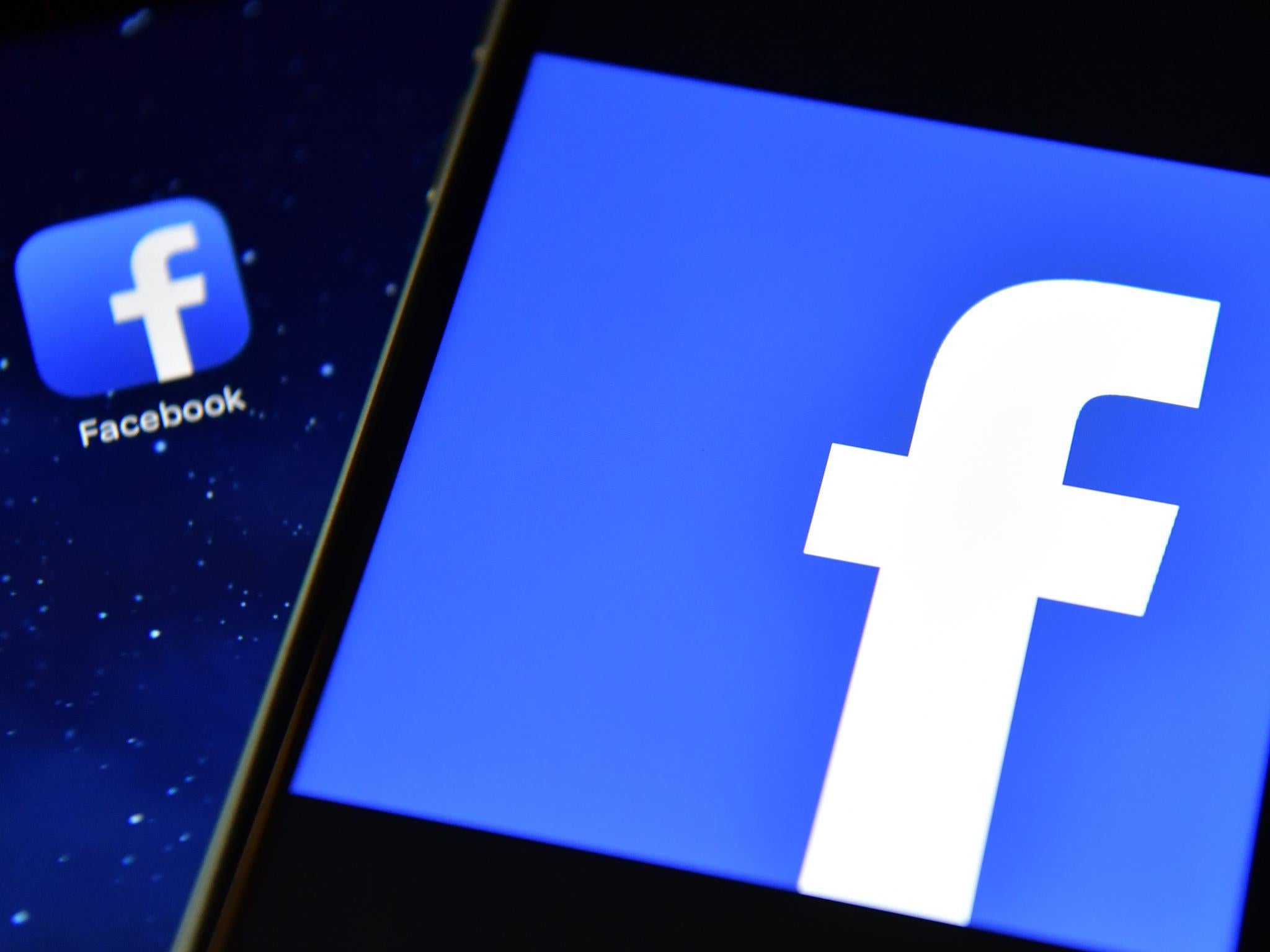Facebook reports BBC to police after requesting sexualised pictures of children
The development came as part of a BBC investigation into Facebook’s tools for identifying and removing such images

Facebook asked the BBC to send it sexualised images of children, then reported it to police for doing so, according to the news organisation.
The developments came as part of a BBC investigation into the social network's tools for moderating images that are shared on the site, which the BBC says is insufficient and allows for posts of pictures that include images of child abuse.
As part of that investigation, the BBC claims that Facebook asked to see the pictures that were under discussion. When the BBC journalists sent them to the site, it said, Facebook reported the news organisation to the police and cancelled all of its interviews.
“It is against the law for anyone to distribute images of child exploitation,” Facebook later said in a statement. “When the BBC sent us such images we followed our industry’s standard practice and reported them to CEOP. We also reported the child exploitation images that had been shared on our own platform. This matter is now in the hands of the authorities.”
Anyone being sent such images is required to inform the police so that they can be investigated. But it isn't clear why Facebook asked for the images to be sent in the first place.
The BBC said that sending the images had been a requirement for organising an interview with Simon Milner, Facebook's UK head of policy, to discuss them. When it provided the examples, it was reported to the National Crime Agency.
The BBC claimed that it had reported dozens of problematic images on Facebook, but the site didn't appear to see fit to remove them. More than 80 per cent of the images stayed on the site, including pictures that appeared to be posted by men sharing images of what looked like child abuse, the BBC claimed.
When it attempted to speak to Facebook about those images, in order to ask why they hadn't been removed, it kicked off the chain of events that saw it being reported to the police.
Damian Collins, chair of the Commons media committee, criticised the fact that the BBC had been reported for authorities while working to “help clean up the network.
He also criticised Facebook’s content systems, which appeared to let through various pictures that the BBC claimed depicted child abuse and were being freely shared in groups on the site.
The BBC said that it had reported 100 posts that appeared to be sharing such images. Of those, only 18 were removed and the remaining 82 did not breach “community standards”, according to automated replies sent to the BBC.
Facebook said that it had now removed “all items that were illegal or against our standards”, though not how many it had taken down in total.
"This content is no longer on our platform," said Simon Milner, Facebook’s policy director for the UK. “We take this matter extremely seriously and we continue to improve our reporting and take-down measures. Facebook has been recognized as one of the best platforms on the internet for child safety.”
Join our commenting forum
Join thought-provoking conversations, follow other Independent readers and see their replies
Comments
Bookmark popover
Removed from bookmarks